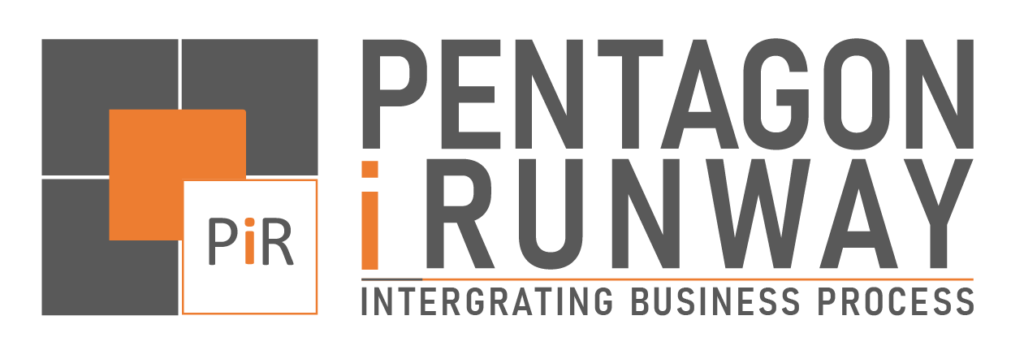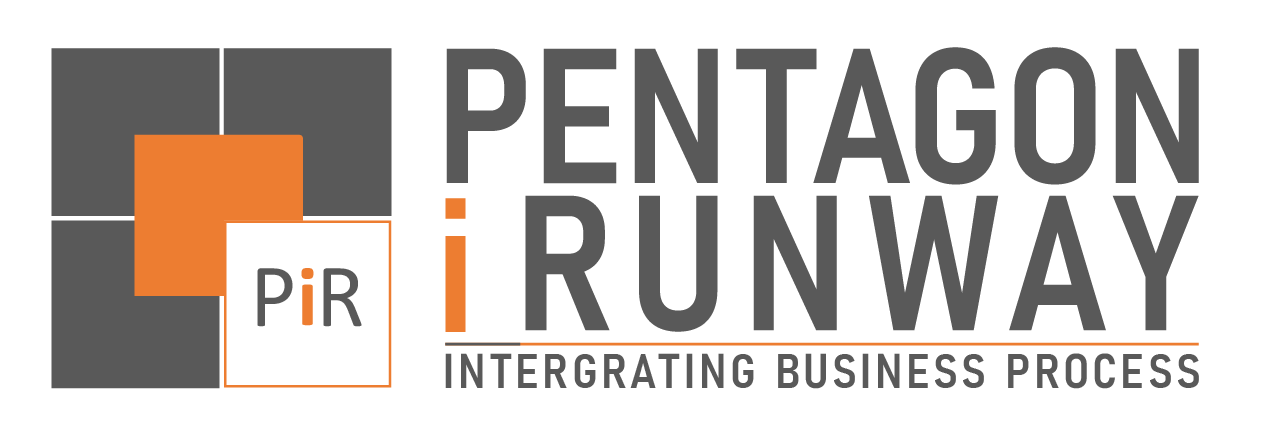In today’s fast-paced industrial landscape, efficiency is not a luxury—it’s a necessity. The success of manufacturing operations hinges on their ability to streamline processes, reduce waste, and respond swiftly to market demands. Advanced Planning and Scheduling (APS) systems are at the heart of this transformation. By optimizing production schedules, balancing resources, and integrating seamlessly with ERP systems, APS empowers industries to operate at peak efficiency.
At Pentagon i Runway, we specialize in delivering tailored ERP solutions that incorporate cutting-edge APS capabilities. With nearly two decades of expertise, we’ve enabled businesses across diverse sectors to unlock their full potential. Here’s how different industries are leveraging APS to stay ahead of the curve.
What is Advanced Planning and Scheduling?
APS is a technology-driven approach to production planning and scheduling that uses advanced algorithms to optimize the allocation of resources. Unlike traditional methods, APS factors in constraints such as equipment availability, workforce, material supply, and order priorities to create realistic and efficient schedules.
Its ability to adapt in real time makes it indispensable in today’s dynamic manufacturing environments, where disruptions can occur due to supply chain issues, equipment breakdowns, or changing customer demands.
Industries Revolutionized by APS
1. Automotive Manufacturing
The automotive sector operates in a highly complex environment, with multiple parts and assembly lines running simultaneously. APS allows manufacturers to synchronize these operations, ensuring that components arrive at the right place and time.
Key Benefits:
- Reduced production lead times.
- Better inventory management.
- Improved on-time delivery rates.
By integrating APS with digital twins and IoT technologies, automotive manufacturers can simulate production scenarios, identify bottlenecks, and make informed decisions.
2. Food and Beverage Industry
In food production, freshness and compliance with regulatory standards are paramount. APS enables food manufacturers to plan their production schedules with precision, minimizing waste and ensuring timely delivery to retailers.
Key Benefits:
- Reduced waste due to spoilage.
- Compliance with expiration dates and safety standards.
- Optimized use of seasonal ingredients.
3. Pharmaceuticals
The pharmaceutical industry requires strict adherence to quality standards and regulatory compliance. APS ensures that production schedules align with these requirements while maximizing efficiency.
Key Benefits:
- Improved batch traceability.
- Enhanced coordination between R&D and production.
- Minimized risk of production delays.
By leveraging APS, pharmaceutical companies can accelerate the time-to-market for critical drugs while maintaining stringent quality standards.
4. Electronics Manufacturing
Electronics production involves intricate processes with high variability in demand. APS helps manufacturers manage complex workflows and meet market demands for fast product delivery.
Key Benefits:
- Streamlined workflows across multiple assembly lines.
- Rapid adaptation to design changes.
- Better alignment with just-in-time (JIT) principles.

How APS Enhances Manufacturing Efficiency
Real-Time Adaptability
APS systems can quickly adjust schedules in response to unexpected disruptions, ensuring minimal downtime and maximum productivity.Improved Resource Utilization
By analyzing resource constraints, APS ensures that machinery, labor, and materials are used efficiently, reducing idle time and waste.Data-Driven Decision-Making
With seamless integration into ERP and MES systems, APS provides manufacturers with actionable insights into production metrics and operational performance.Scalability
APS solutions are scalable, making them suitable for small businesses and large enterprises alike. As operations grow, APS adapts to accommodate increasing complexity.
Pentagon i Runway’s Approach to APS
At Pentagon i Runway, our solutions go beyond basic implementation. We focus on creating custom APS systems that address the unique challenges of each industry.
- Customization:
Our APS solutions are tailored to fit your specific operational needs, whether you’re managing a single plant or a global production network. - Integration:
We ensure seamless compatibility with existing systems, including ERP, MES, and IoT platforms. - Future-Ready:
Our expertise in Siemens Opcenter APS and complementary technologies such as digital twins, Mendix, and Mindsphere positions us to deliver cutting-edge solutions.
Why Partner with Pentagon i Runway?
- Experience:
Nearly two decades of implementing APS in diverse industries. - Reliability:
Flexible, scalable, and robust solutions that grow with your business. - Support:
Comprehensive support at every stage, from consultation to implementation and beyond. - Innovation:
Expertise in integrating APS with advanced technologies to future-proof your operations.
Conclusion
In a world where efficiency drives success, APS has become a cornerstone of modern manufacturing. From automotive to pharmaceuticals, industries are reaping the benefits of optimized scheduling, enhanced productivity, and seamless integration with existing systems.
At Pentagon i Runway, we’re committed to helping businesses unlock these benefits through our tailored APS solutions. With our extensive experience, innovative approach, and dedication to client success, we empower manufacturers to transform challenges into opportunities.
Ready to revolutionize your production planning? Contact Pentagon i Runway today to embark on your APS journey.

